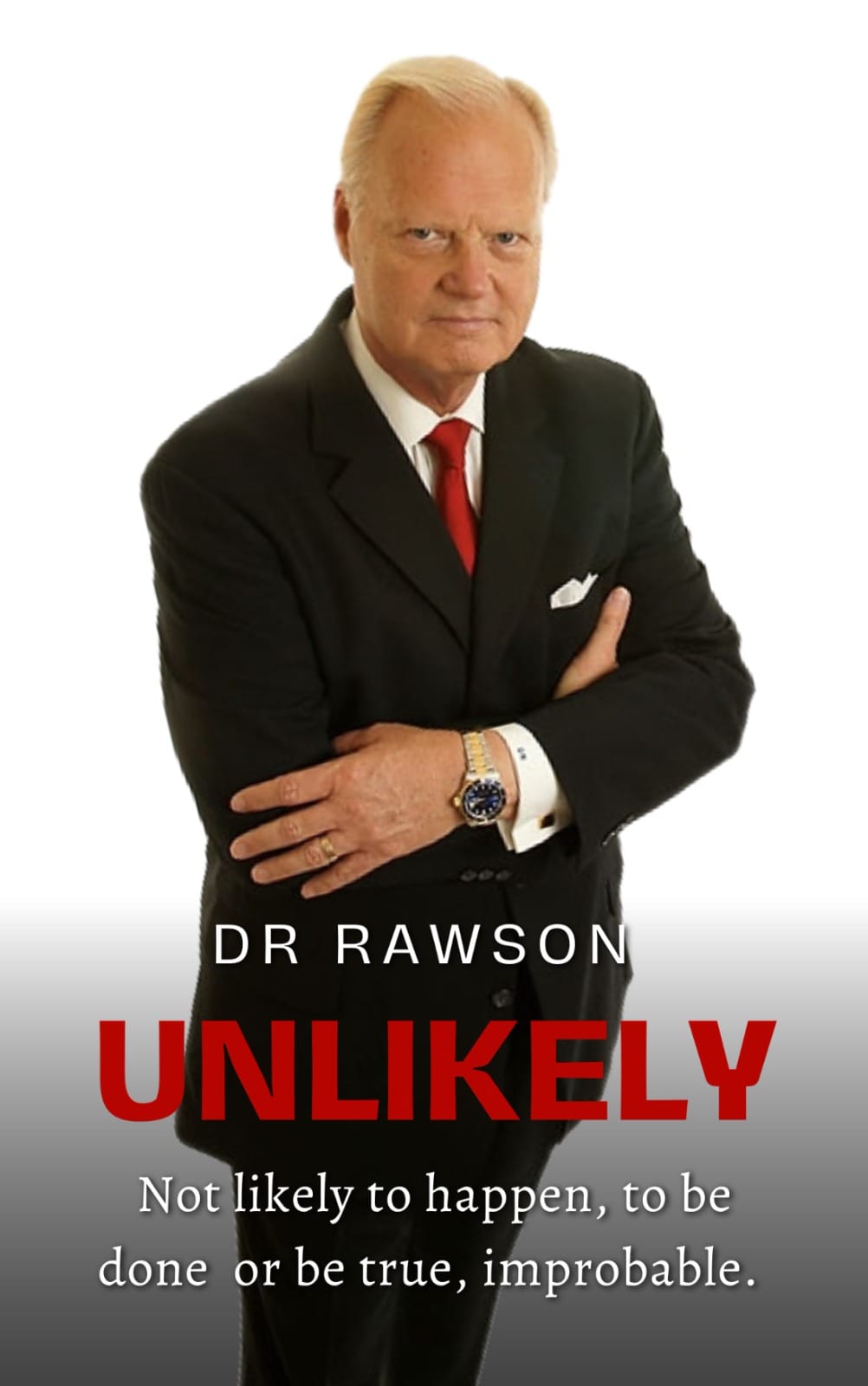Written By DR Rawson
A simple handshake has been around for centuries. It can be traced back to the 5th century in some cultures, except for Asians, where bowing accomplishes the same thing. That is to let others know that your hand was without a weapon.
In Business
The history becomes a bit murky. As the handshake once proved peaceful intent, it became a warm greeting among friends and new acquaintances. In leaving, the handshake signaled warmth, strength, and understanding.
It’s the understanding bit that remained for years.
Confirmation
When someone wanted to convey that whatever they promised to do, they would say, “I swear.” It was effectually their “oath” that it would happen. The proof of its significance from one person to another was their reputation and character for “keeping their oath.” As demonstrated by these words, “They keep their word.”
When someone gave their “word,” it came to mean that if they had a reputation and would swear or confirm that it would be done or accomplished, the importance of the “Word” grew.
Near the twelfth to the fourteenth century, the term, his word, is his bond or assurance of his accomplishment.
Let’s take a leap. In the eighteenth, nineteenth, and twentieth centuries, it was said a man’s word was his bond, and it was something that by reputation you could count on.
Let’s shake on it.
Shaking “on something” became the seal that binds both parties to the agreement. This way of doing business began to change in the 17 and 18 hundreds. Contracts, more specifically, spelled out the terms of any agreement between the parties. Still, the handshake remained as a symbol of the parties giving their “word.”
In those centuries, particularly in UK-controlled or influenced regions of the world, Gentlemen did business with one another. The artful term became known as a “Gentlemen’s Agreement.”
Where does spirituality come in?
My grandfather, my father on earth, and my father in heaven all lived by their WORD, regularly making agreements with me.
Just as they held fast to their agreement with me, I also did with others. However, there were times when I failed to meet the terms of an agreement. I remember one person who said, “I should have realized that you’re just a man.”
For years, I never gave my word without saying, “I’ll do the best that I can.” It was my hope that my reputation and commitment would be without question.
Question:
“When did the term “Gentlemen’s Agreement” stop being used? “ First, in some parts of the world, it’s not. Over the past half-century though, I’ve rarely heard it used at the highest levels of American society.
When I’ve led large meetings with both men and women present, I’ve often called the meeting to order with “…Ladies and Gentlemen…” always hoping the Gentlemen would make themselves known.
I owned my first business in 1967 when I was twenty-one. Twenty-seven plus companies later, my last business was sold when I was seventy-five. In all that time, I never once had anyone say to me, “Can we make a Gentlemen’s Agreement?”
Briefly
History has always been important to me in High School, College, and my life. The wisdom and experience that we can draw from it is enormous. I’m no scholar in any particular field.
I’ve been privileged to do business with Kings, Queens, Prime Ministers, Presidents, and CEOs of Fortune 500 Companies worldwide. I’ve also done business with solo practitioners, clinics, hospitals, insurance companies, and attorneys. Then there are the small businesses, several of which I’ve owned. NEVER has anyone said, “Let’s agree with a Gentlemen’s…
This article was provided for Smiley Blue with the kind permission of DR Rawson.
Mr. Rawson is a retired serial entrepreneur with more than twenty-seven companies to his credit. He's the father of six, grandfather of fifteen, and great-grandfather of six. In retirement, he writes articles, books, and consults.
You can read more from Mr Rawson at Dancing Elephants Press here








